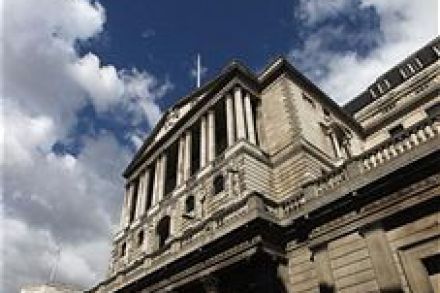Inflation hits work incentives
New inflation stats are out tomorrow and they’re expected to show further rises in CPI and RPI. Aside from their brief peak in 2008, headline rates of inflation are now at their highest levels for 19 years. That’s prompting more discussion about the way rising prices are playing out for Britain’s households, from a nice graphic in today’s Times (£) to a new report due out tomorrow from the IFS. But one implication of today’s higher inflation environment is receiving less attention – the impact of rising prices on work incentives. Inflation and work incentives aren’t often mentioned in the same breath. But when work-related costs rise more quickly than



















